Position Statements
Accessible environments for autistic people
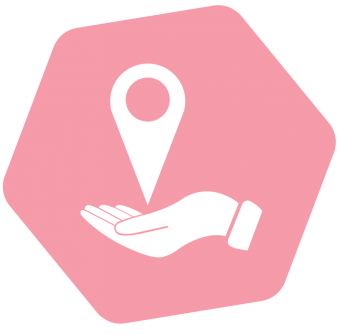 Key points:
Key points:
- Autistic people face barriers to participation in community life due to a lack of autism-friendly environments (such as schools, workplaces and public spaces).
- Autism-friendly environments provide sensory sensitive physical spaces and trained staff who understand and can support the communication and cognitive needs of autistic people.
- Building design and tailored resources (i.e. sensory maps and social scripts) improve community access and participation for autistic people, including at school, in the workplace and the wider community.
- A number of innovative organisations in Victoria have successfully taken steps to modify their environments and/or develop resources to make them more autism friendly, including Northland Shopping Centre, Museums Victoria, Parks Victoria, Sovereign Hill and Campaspe Regional Libraries, greatly increasing their accessibility to the autistic community
Download the position statement
National Disability Insurance Scheme
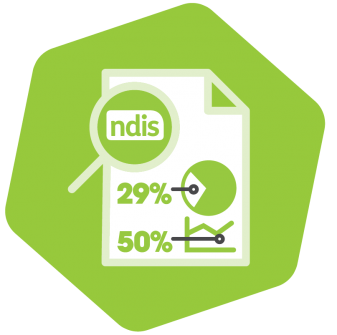 Key points:
Key points:
- The National Disability Insurance Scheme (NDIS) has the potential to be life changing for people with disability in Australia.
- With autistic people constituting almost one third of all NDIS participants, a high level understanding of autism is required across the National Disability Insurance Agency (NDIA) and its partner agencies.
- Cost minimisation and efficiencies must not undermine the core values of the NDIS: that it be participant led and that participants be supported to exercise choice and control over the supports they receive.
Download the position statement
Autistic women and girls
 Key points:
Key points:
- The current estimated ratio of autistic boys and men, to autistic girls and women, is 3:1. However, girls and women continue to be underrepresented in autism prevalence data.
- The ongoing systemic failure to identify and diagnose autistic girls and women results from a lack of recognition and understanding across sectors of the differences in how autism presents in girls and women compared to boys and men, as well as historic gender bias in autism screening and diagnostic tools.
- Many autistic girls and women are not receiving the supports and services they need throughout their lifetime and are at increased risk of misdiagnosis, abuse, financial hardship and social isolation.
Download the position statement
Mental health
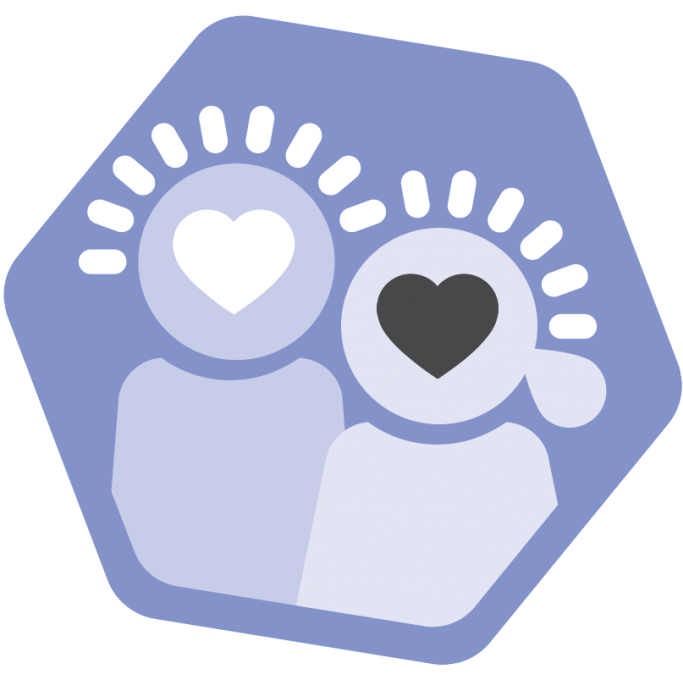 Key points:
Key points:
- Approximately 50 – 70% of autistic people experience co-occurring mental health conditions, most commonly depression, anxiety disorders and/or obsessive compulsive disorder.
- A range of barriers currently prevent autistic people accessing adequate mental healthcare, including a lack of autism recognition, understanding and expertise across mainstream health and mental healthcare services, as well as a lack of coordination and collaboration across a range of sectors.
Download the position statement
Assessment and Diagnosis
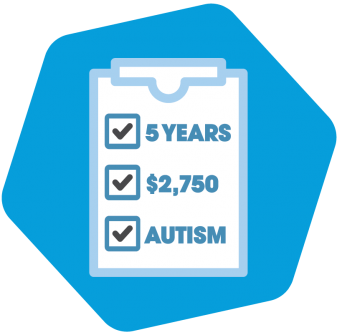 Key points:
Key points:
- Autism assessment and diagnostic services should be available to all people who require them, irrespective of age, gender, locality, financial status, race or cultural identity.
- The earlier a diagnosis of autism can be made, the earlier evidence based autism-specific early intervention can commence, maximising outcomes for children, adolescents and adults, and increasing the developmental trajectory across their lifetime.
- Amaze supports the current development of a national diagnostic guideline for autism that promotes consistent and best practice autism diagnosis and ensures equal access to diagnosis
Download the position statement
Education
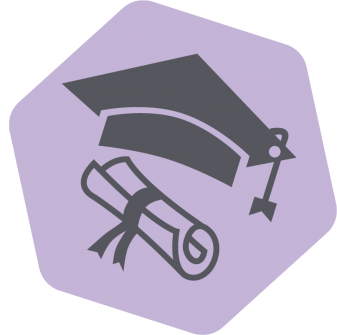 Key points:
Key points:
- Every autistic student has the right to a quality education and to access and participate in school on the same basis as students without disability.
- Yet 97% of autistic students report experiencing educational restrictions and 35% do not complete Year 10 or above. Autistic students suffer socially and emotionally, and experience poor outcomes, when their learning and support needs are not met.
- Autistic students should have access to an education system that provides an inclusive culture and a multi-faceted, individualised, needs based approach that is tailored to their strengths and unique learning styles.
Download the position statement
Restrictive practices
 Key Points:
Key Points:
- Autistic people are subjected to restrictive practices in a variety of settings, including schools, disability services, supported accommodation and group homes, hospitals, mental health facilities and prisons.
- Restrictive practices can have short and long term negative impacts and give rise to serious physical and mental harm, including death.
Download the position statement
Employment
 Key points:
Key points:
- Autistic people bring a range of strengths, interests and skills to the workforce but face barriers finding, maintaining and engaging in employment.
- In Australia, the unemployment rate for autistic people is 31.6%. This is three times the rate of people with disability, and almost six times the rate of people without disability.
- Current government disability employment programs and support services need to be adapted for autistic people as they often fail to meet their social and communication needs.
